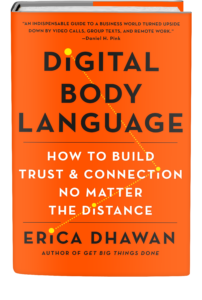
“A man should learn to detect and watch that gleam of light which flashes across his mind from within, more than the luster of the firmament of bards and sages.” –Ralph Emerson
Happy New Year! Welcome to 2013. I love the New Year because it brings so much creative and reflective energy and it's time to set up your goals and vision for how you'd like to live out this year.
Why set goals or a vision? Odds are your chances for success will go up much higher if you spend time developing an image of the future and what you would like this future reality to look like. Yet, the key pitfall I often see in New Years resolutions is a sole focus on doing something rather than being someone. Many tend to deflect to the 'roles' that they have played in the past and how they will continue to play them in the future.
For instance, if you are asked “Who am I?” Often you might start answering with roles that you have played out: “I am an…employee, manager, woman, mother, brother, etc…” But the truth is: You are not your role identities, nor are you a composite of these identities. Each of these are a social construct. So when setting goals this year, beware of getting stuck in your past identities of what you have done before you imagine what you'd like to create.
When you are setting up your vision for this upcoming year, start fresh. Instead of asking yourself 'What can I do this year?', ask yourself 'Who could I be this year'? Imagine and experiment new ways you can live and you'll be surprised by what you find. You may discover aspirations you never knew you had or you may confirm goals that you have been waiting to live out.
Regardless, my greatest wish is that you make 2013 a manifestation of your absolute best self! It's January…time to get the year rolling!




